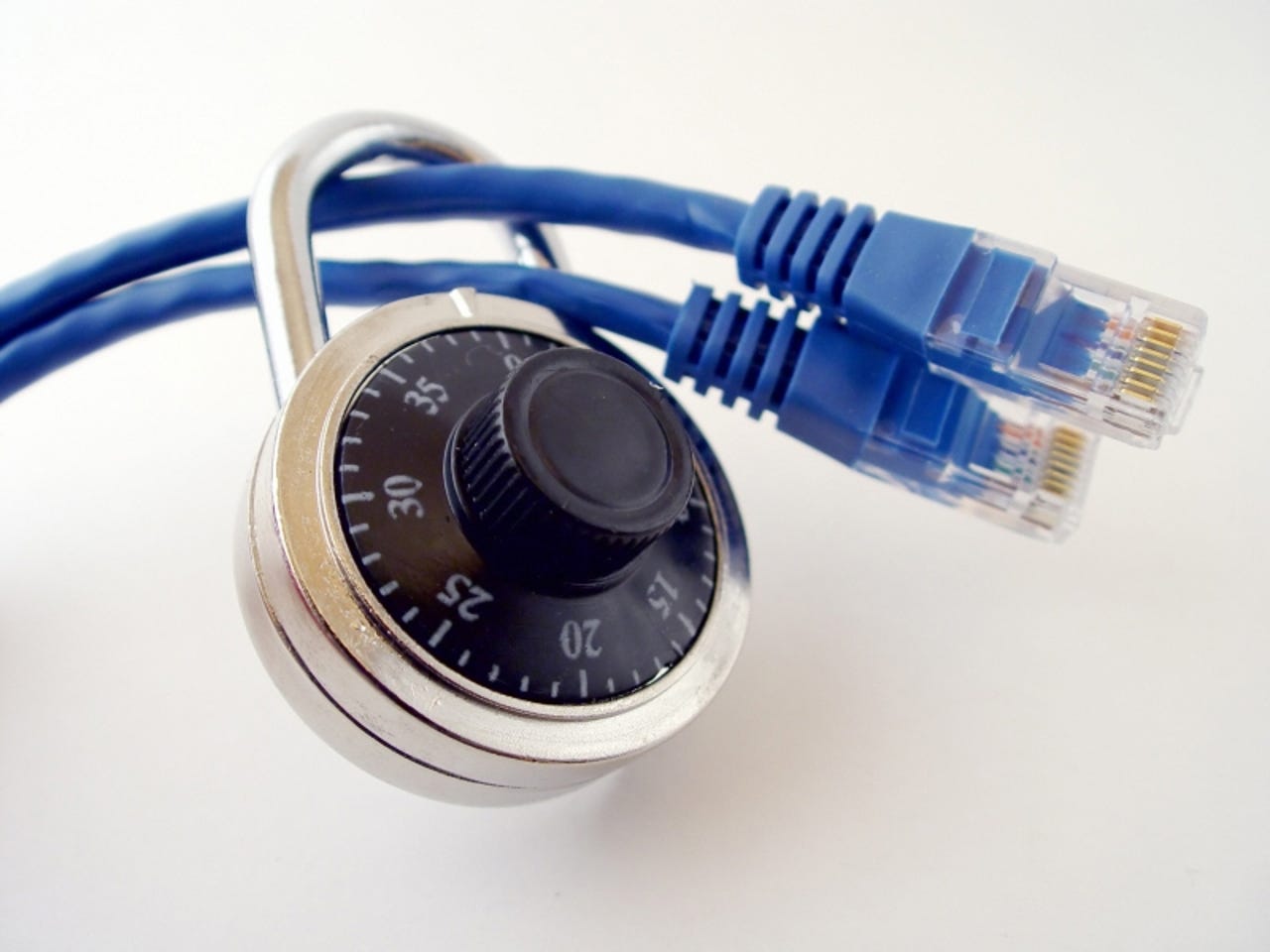AlienSpy: Taking Remote Access Trojans to the next level


AlienSpy is the latest in a family of RATs which target both consumers and enterprises in a bid to steal valuable data and compromise systems.
Remote Access Trojans (RATs) never fully vanish; instead, they are often recycled and redeveloped in the changing cybersecurity landscape. These kinds of Trojans, often deployed through phishing campaigns which use spoof emails and malicious files to deliver malware payloads, can be tailored to target particular industries -- such as banking or manufacturing -- or be used indiscriminately against both consumers and businesses.
In a security advisory (.PDF) posted Thursday, security firm Fidelis said the newly-discovered AlienSpy Trojan is currently being used in international phishing campaigns against both consumers and the enterprise, although generally has been detected in campaigns based in the technology, finance, government and energy sectors.
Joining the likes of njRAT, njWorm and Houdini, the RAT's development focuses on delivery rather than core functions. However, AlienSpy does differ from its predecessors. While also similar to Frutas, Adwind and Unrecom, the security firm believes the new RAT has benefited from "unified," collaborative development. As a result, the Trojan is more sophisticated and has expanded functionality.
AlienSpy currently supports infections on Windows, Linux, Mac OSX and the Android mobile operating system. However, the Trojan also demonstrates new evasion techniques not present in past RATs.
Featured
Once deployed, the Java-based Trojan grants an attacker access and control over a compromised system. The malware is able to collect system information including OS version, RAM data and computer name, upload and deploy additional malware packages, capture webcam and microphone streams without consent, and remotely watch device activity. In addition, the Trojan includes a keylogger.
AlienSpy's additional features include a sandbox detection tool, the detection and disabling of antivirus software, and the use of Transport Layer Security (TLS) cryptographic protocols to secure its connection to the command and control (C&C) server.
"Applying this technique makes it very difficult for network defenders to detect the malicious activity from infected nodes in the enterprise. To prevent various security tools from running, this version of AlienSpy performs various registry key changes," the advisory notes. "Infected systems could end up with botnet malware downloaded through AlienSpy RAT (e.g. Citadel) as it was observed by our security researchers during one of the infections."
In the same manner as its predecessors, AlienSpy is available through various subscription models and receives continual updates from its developers. According to Fidelis, AlienSpy can be purchased for between $19.90 and $219.99.
"Enterprises should ensure that they are capable of detecting inbound malware as well as active infections involving this RAT," Fidelis says.
The security firm has also published a Yara rule to help developers identify and classify the AlienSpy malware strain.
Read on: In the world of security